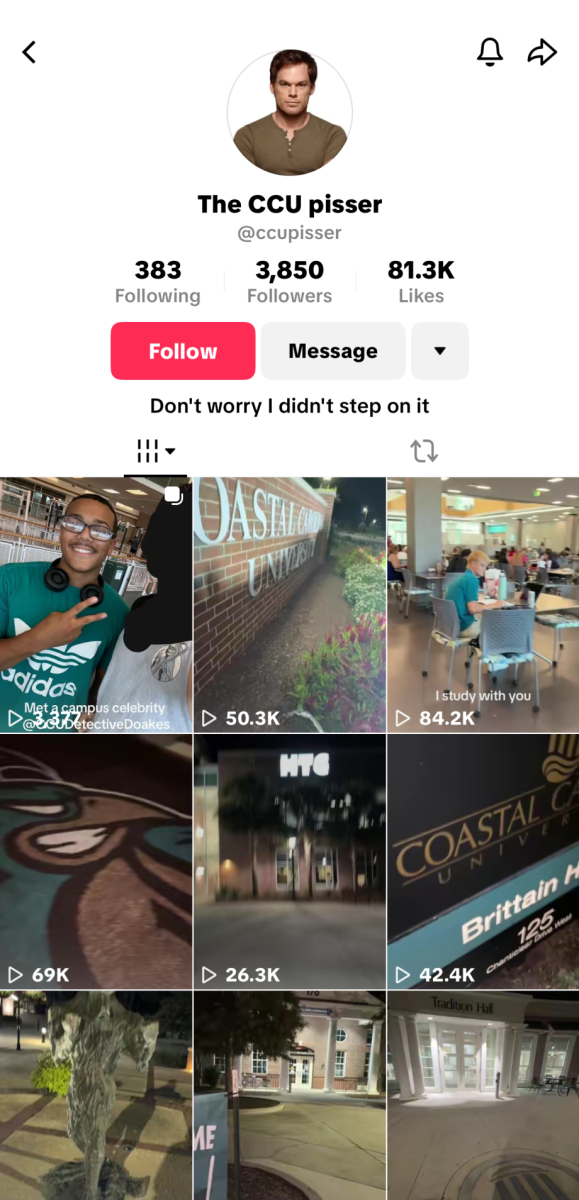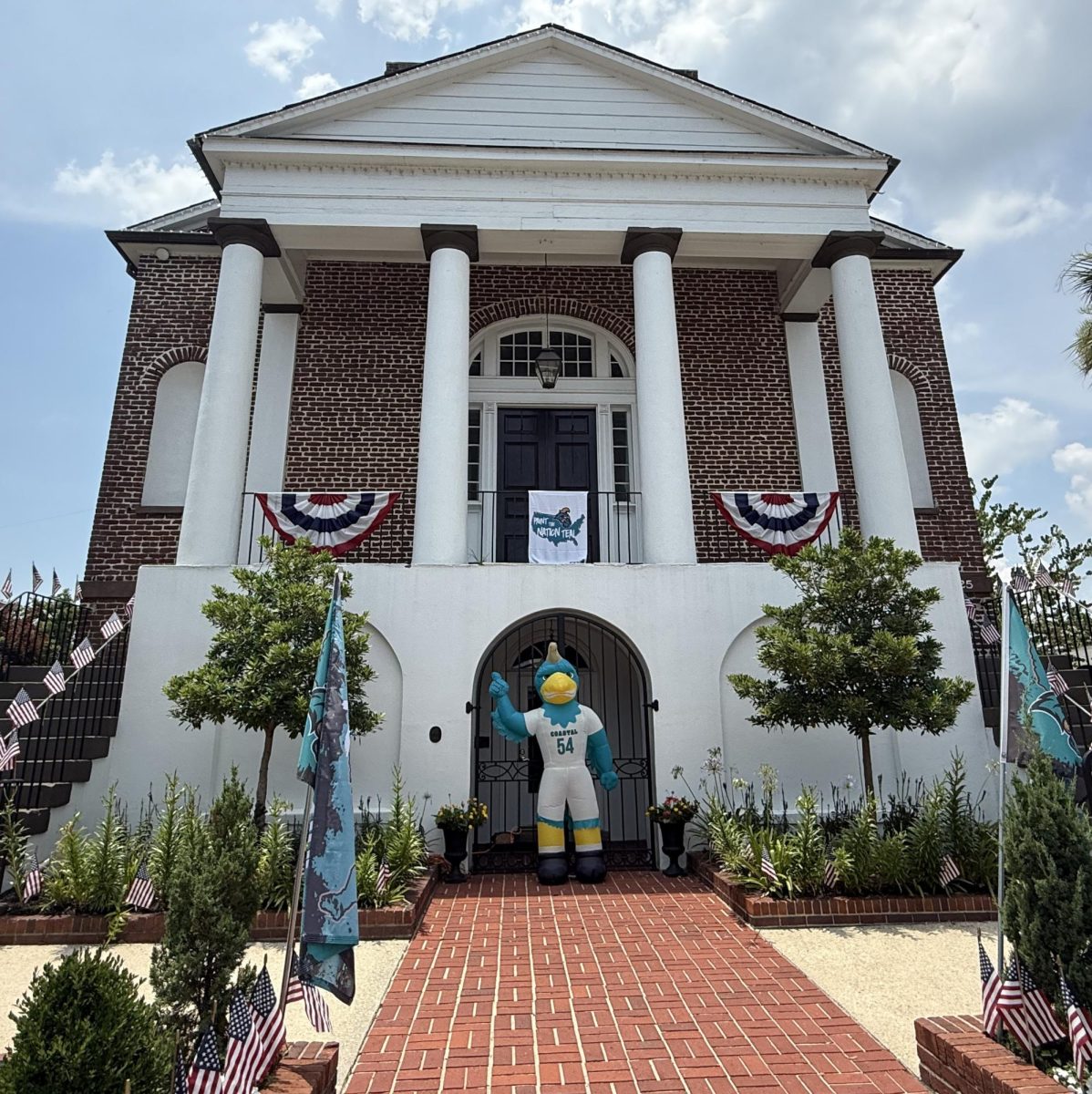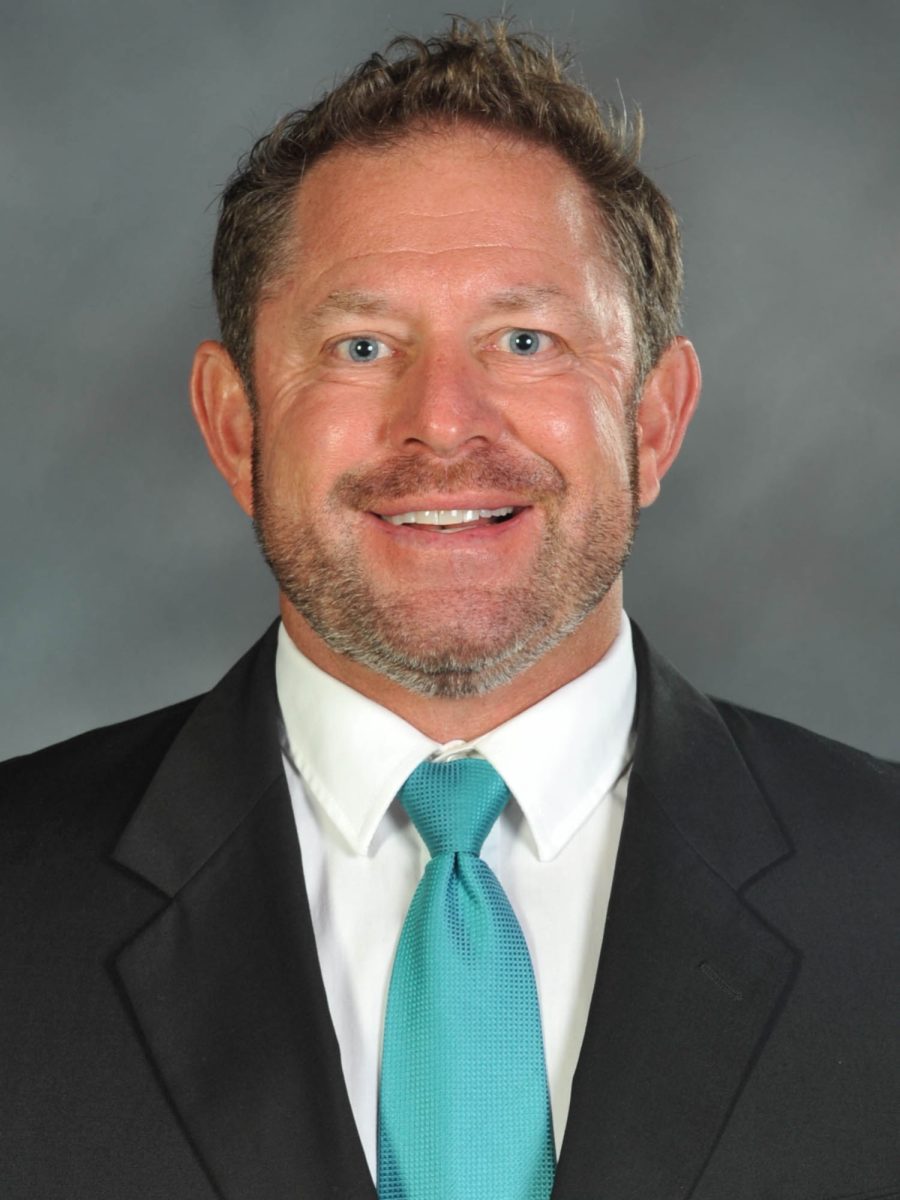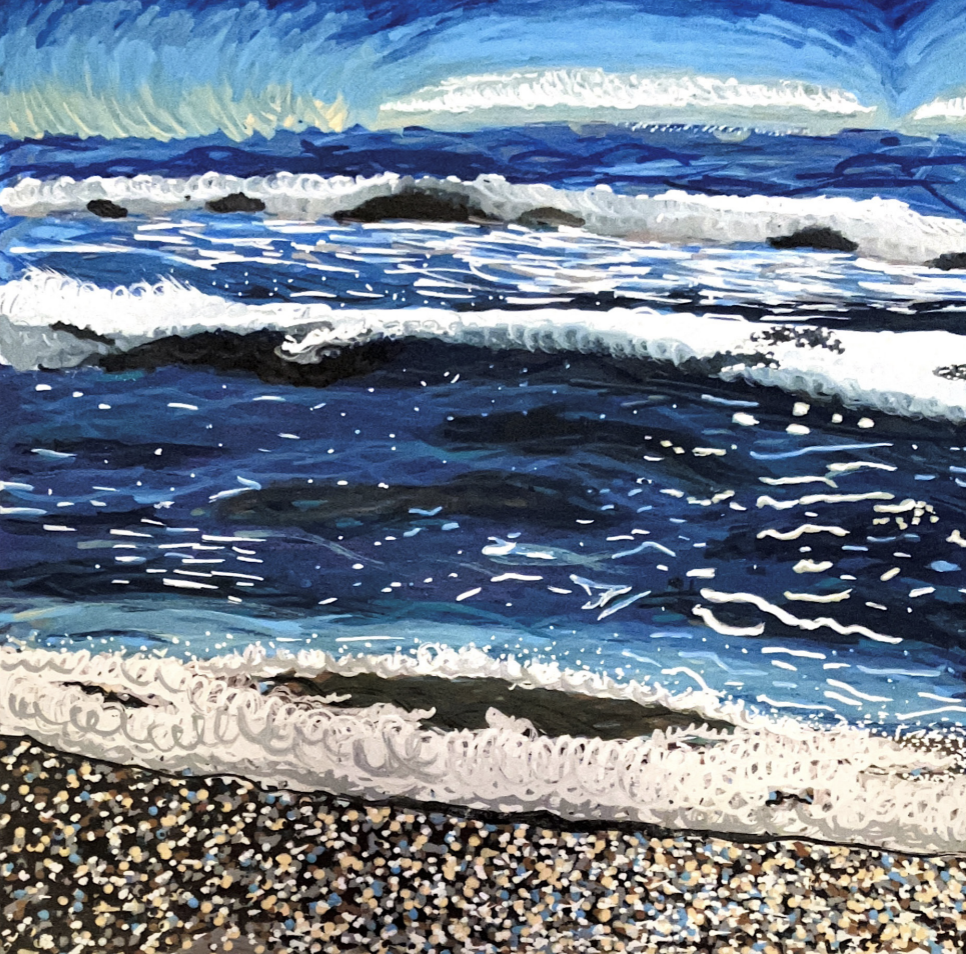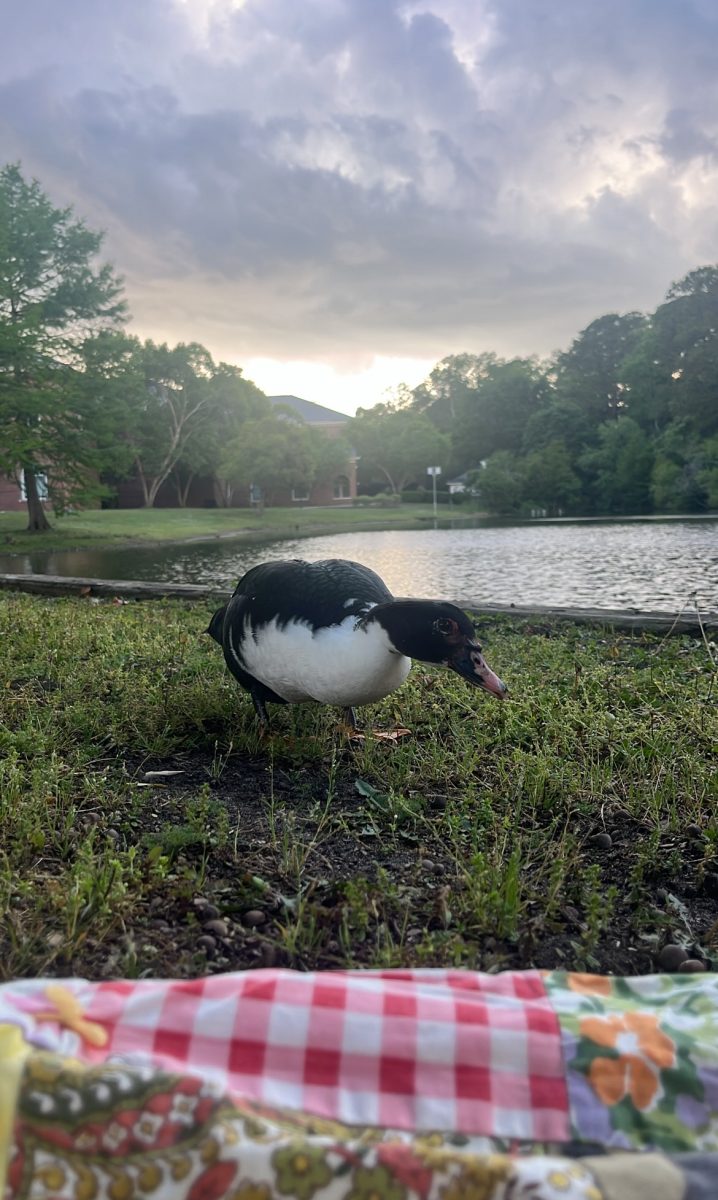The stark reality of war often fades into the background for those comfortably removed from the front lines. Yet, as the Israel-Gaza war rages on since Oct. 7, the toll it exacts on those who dare to report its truths becomes increasingly undeniable.
Thus far, 85 journalists have been reported dead since that day, according to the Committee to Protect Journalism (CPJ). 78 of those killed were Palestinian, four Israeli and three Lebanese. Journalists are civilians and as such, any intentional attack constitutes a war crime under the Rome Statute of the International Criminal Court.
These individuals who chose to dedicate their lives to serve as a voice for the voiceless have been silenced. Their job was to shine a light on the darkness of war for all of us to see from the comfort of our homes. Their tragic fate underscores the chilling extent to which censorship can reach.
Their truths hold the key to catalyzing positive change, but their truths were extinguished in a storm of propaganda and misinformation. We must not only heed the words of journalists but also wholeheartedly believe in their mission.
The lack of vocality against the war on Coastal Carolina University’s campus is disappointing yet anticipated in an area like South Carolina where such issues may seem distant or removed.
It is crucial that we actively participate in protests, engage in debates and demand accountability from those in power.
The silence is deafening.
In our positions as student journalists, it would be morally wrong to neglect the power of our platform.
Talk about it with your family at the dinner table. Walk around with a target on your back. Cause discomfort.
Ignorance is not bliss; it’s costing thousands of lives. Let us not be complacent in the face of ignorance, as it’s a luxury we can’t afford.

